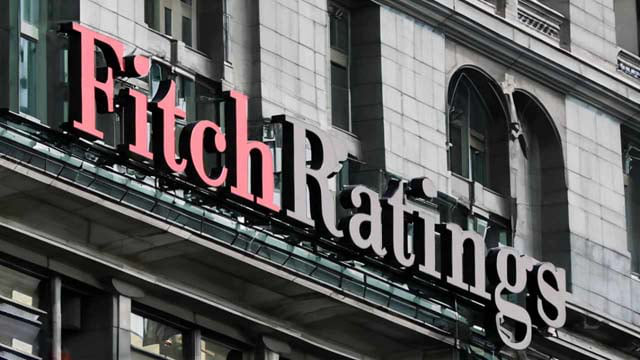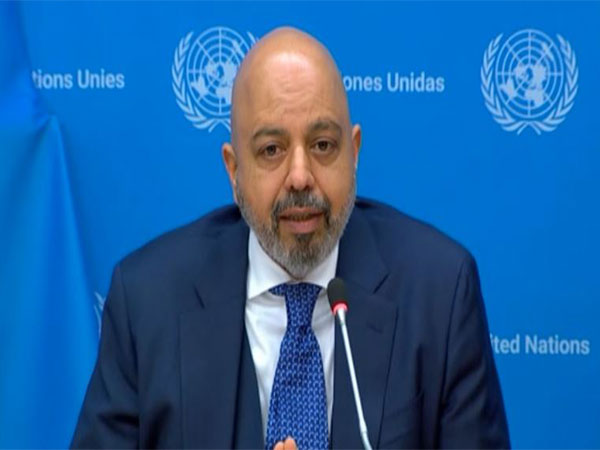Fitch downgrades Bangladesh’s foreign debt outlook to negative

Fitch Ratings has revised its outlook on Bangladesh’s Long-Term Foreign-Currency Issuer Default Rating (IDR) to Negative from Stable, and affirmed the IDR at ‘BB-‘
An IDR represents an assessment of an issuer government’s relative likelihood of defaulting on its financial obligations. A Long Term Foreign Currency IDR indicates its ability to meet its financial obligations in foreign currency in the long term.
Fitch said the Negative Outlook reflects a deterioration in external buffers, which has increased vulnerability to shocks. It also reflects our view that the country’s incremental policy response, including exchange-rate system changes, and continued support from external official creditors, has been insufficient to stem the fall in foreign reserves, said the agency.
The credit rating agency is particularly concerned over Bangladesh’s ability to repay its foreign currency debts, although the situation for now remains ‘manageable’.
The downgrade was driven in large part by the country’s dwindling foreign exchange reserves, and the fact that it has been met with an inadequate response.
Fitch forecasts Bangladesh foreign-exchange reserves to stay under pressure, driven by rising imports and foreign-currency intervention by the central bank. In Fitch’s estimate, gross reserves fell by 19% in the first nine months of 2023 to USD21.5 billion.
Fitch also said the country’s foreign-exchange reserve outlook is challenging, amid a still-managed exchange rate. Elevated oil prices and a further relaxation of import restrictions, which it expects will widen the current-account deficit through to 2025.
Despite the lower external buffers, Fitch said Bangladesh should be able to meet its external debt obligations over 2024-2025, since external debt service remains low relative to peers.
Economists are of the view that if a country’s outlook is revised negatively, it may face higher borrowing costs when it seeks to raise funds in international financial markets.









